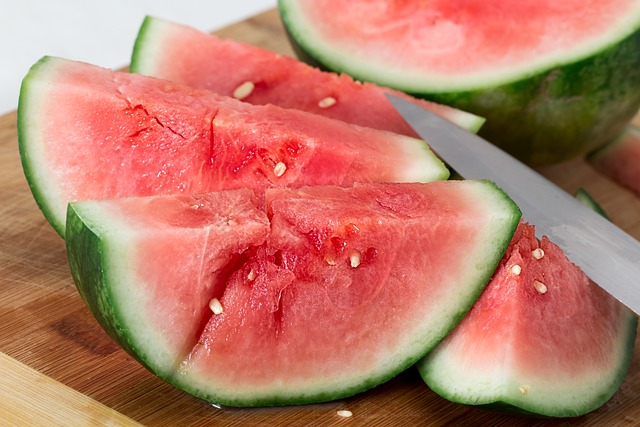The Science of Good Bacteria: Unveiling the Mechanisms Behind Probiotic Benefits
Probiotics have gained significant attention in recent years for their potential health benefits. These living microorganisms, typically found in certain foods and supplements, are believed to promote a healthy balance of bacteria in the gut. But how do they actually work? In this article, we will delve into the science behind probiotics and explore the mechanisms that underpin their many benefits.
The Gut Microbiota: A Complex Ecosystem
The human gut is home to trillions of microorganisms, collectively known as the gut microbiota. This intricate ecosystem is composed of various bacterial species that play crucial roles in digestion, metabolism, and immune function. When the balance of these bacteria is disrupted, it can lead to an array of health problems.
Probiotics work by introducing beneficial bacteria into the gut, helping to restore the delicate balance of the microbiota. These bacteria can exert their effects through several mechanisms, which we will explore in further detail.
Restoring Microbial Balance
One of the primary mechanisms by which probiotics exert their benefits is through the restoration of microbial balance. Certain factors, such as a poor diet, stress, or the use of antibiotics, can disrupt the composition of the gut microbiota, leading to an overgrowth of harmful bacteria.
Probiotics help to rebalance the gut by colonizing the intestines with beneficial bacteria. These friendly organisms compete with harmful bacteria for space and nutrients, effectively crowding out the pathogens. By restoring microbial balance, probiotics can help alleviate symptoms of digestive disorders, such as irritable bowel syndrome (IBS), and promote overall gut health.
Enhancing Gut Barrier Function
Another key mechanism of probiotics is their ability to enhance gut barrier function. The lining of the intestines acts as a physical barrier, preventing harmful substances from entering the bloodstream. When this barrier becomes compromised, it can lead to inflammation and various health issues.
Probiotics have been shown to strengthen the gut barrier by increasing the production of tight junction proteins. These proteins help to seal the gaps between intestinal cells, reducing permeability and preventing the entry of toxins and pathogens. By improving gut barrier function, probiotics can contribute to a healthier digestive system and reduce the risk of inflammatory conditions.
Modulating Immune Response
Our immune system plays a vital role in defending against infections and maintaining overall health. Interestingly, a significant portion of the immune system is located in the gut. The gut-associated lymphoid tissue (GALT) is responsible for regulating immune responses in the gastrointestinal tract.
Probiotics can modulate the immune response by influencing the activity of immune cells in the GALT. They stimulate the production of antibodies and enhance the activity of natural killer cells, which help to target and eliminate pathogens. By balancing the immune response, probiotics can help prevent excessive inflammation and promote a healthy immune system.
Producing Beneficial Metabolites
In addition to directly influencing the gut environment, probiotics also produce various beneficial metabolites. These byproducts of bacterial metabolism can have a profound impact on overall health.
One of the most well-known metabolites produced by probiotics is short-chain fatty acids (SCFAs). SCFAs, such as butyrate, acetate, and propionate, provide an energy source for colon cells, promote gut motility, and possess anti-inflammatory properties. These metabolites have been linked to a reduced risk of gastrointestinal disorders and improved metabolic health.
Conclusion
The science behind probiotics unveils the diverse mechanisms through which these good bacteria exert their benefits. By restoring microbial balance, enhancing gut barrier function, modulating immune responses, and producing beneficial metabolites, probiotics play a vital role in maintaining a healthy gut and overall well-being.
While probiotics offer promising potential, it’s important to note that not all probiotic strains are created equal, and their effects can vary depending on the individual. Consulting with a healthcare professional and choosing high-quality probiotic products are essential for maximizing the benefits.
As research in this field continues to expand, we will gain even deeper insights into the complexities of probiotics and their impact on human health. In the meantime, incorporating probiotic-rich foods,







